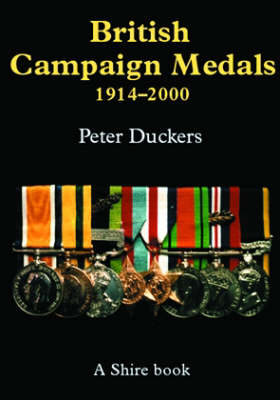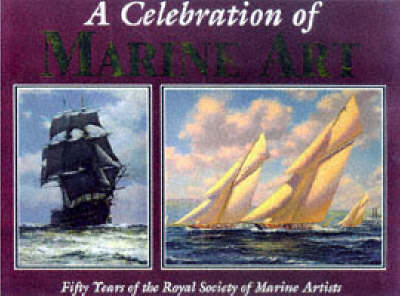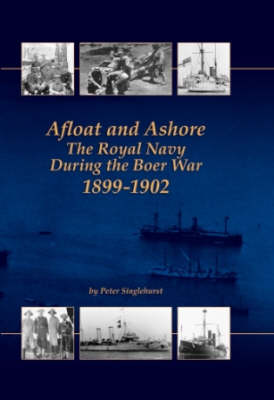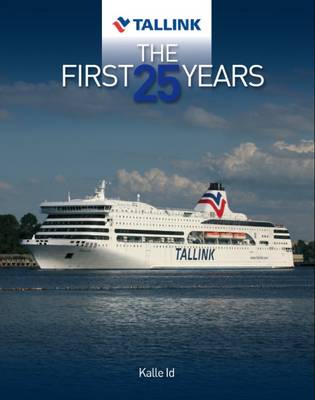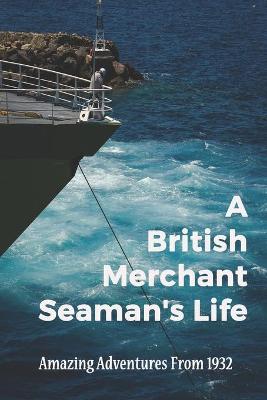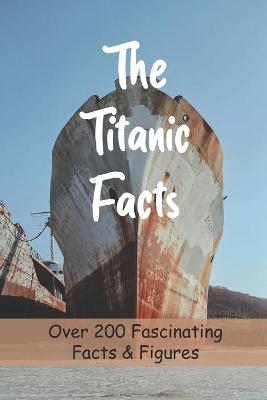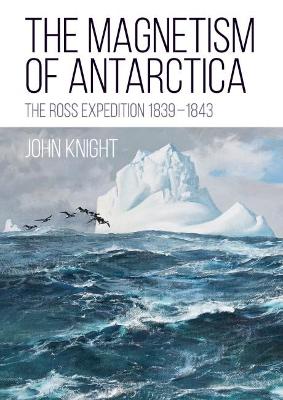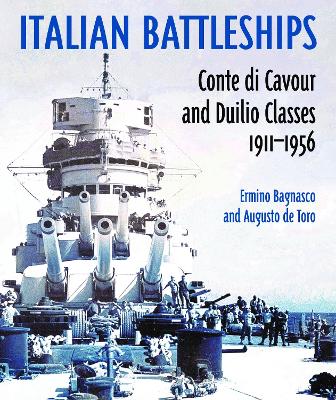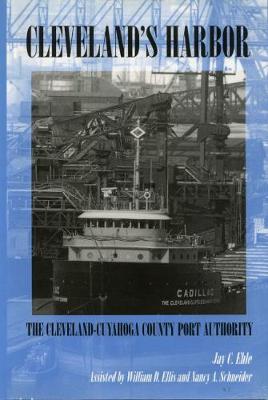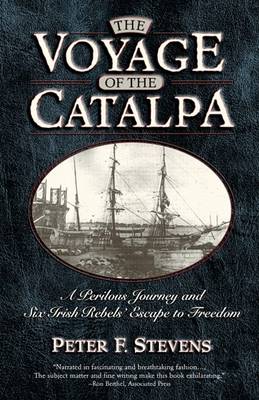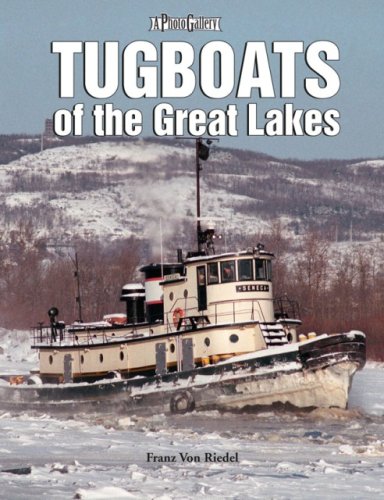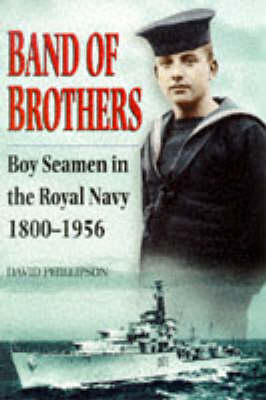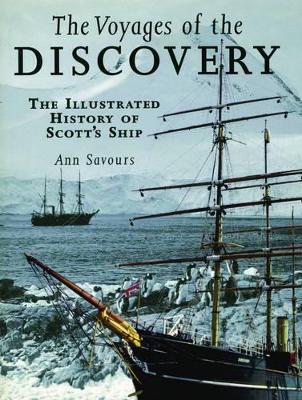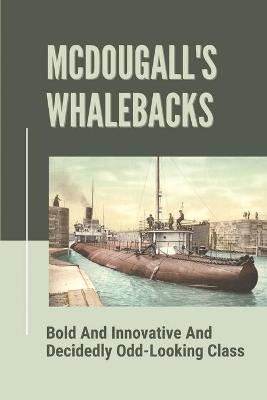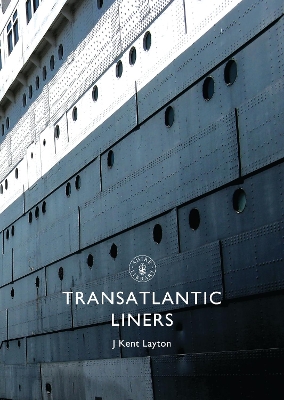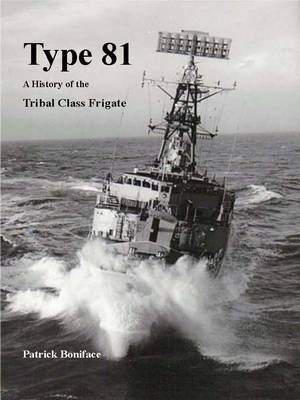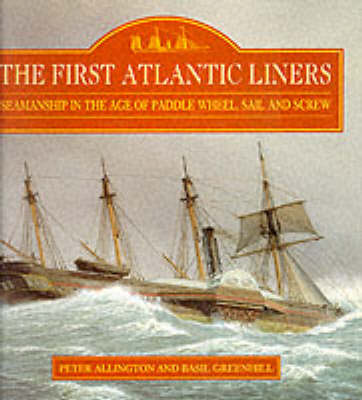British Campaign Medals, 1914-2000 (Shire Colour Album S., #393) (Shire Album S., #393)
by Peter Duckers
This book surveys the medals awarded to British personnel for military service around the world and in two world wars. During the course of the twentieth century the role of Britain's forces changed considerably - from imperial conquest and peace-keeping to full-scale participation in two world wards, campaigns for the withdrawal from Empire and finally service as a prominent member of the United Nations and NATO. The campaign medals awarded for these military actions have become a popular fiel...
This under-documented expedition was a pivotal moment in the annals of polar exploration and was the starting point, in historical terms, of revealing the great unknown continent of Antarctica. It was the first time in nearly 70 years since Captain James Cook had circumnavigated Antarctica, that a Royal Naval voyage of discovery had ventured so far South. They set a new ‘furthest south’ record in the process beating the one set up by James Weddell in a whaling ship in 1823. The expedition set...
With the publication of their previous book on the battleships of the _Littorio_ class, the authors set new standards for the detailed coverage and sophisticated analysis of Italian warship design. Inspired by its success, both critically and commercially, the authors were inspired to follow up with a similar study of the earlier Italian battleships that were built in the First World War but survived to fight in the Second. Given the level of new research required, this has taken a decade to ach...
Fast-paced, compelling, meticulously researched, and dramatically detailed, this saga from the annals of American, Irish, British, and Australian history comprises the first full telling of the secret yearlong journey of the American whaling ship Catalpa, under Captain George Anthony, out of New Bedford, Massachusetts, in 1875. Risking his own freedom and career, Anthony sailed across international waters to Australia, to rescue from hellish imprisonment the group of British-soldiers-turned-Iri...
The Imperial Japanese Navy (Conway's naval history after 1850)
by Fred T. Jane
A revealing history of the boy seaman rating in the Royal Navy, beginning with its evolution from the 18th-century "Officer's Servant" through to its abolition in 1956. It tells of an astonishing Victorian naval tradition which continued into modern times. HMS Ganges, a byword on the lower deck of the Royal Navy for vigorous - not to say harsh - discipline, was the hardest of the boy seaman training establishments. The tradition for which the Ganges was widely regarded as the archetype, lasted a...
Voyages of the Discovery: An Illustrated History of Scott's Ship
by Ann Savours
Discovery was built for Captain Scott's first Antarctic expedition of 1901-04 and was launched more than 100 years ago in 1901, at Dundee. She had a long and intriguing career before her final voyage back there in 1986; this book tells the story of that chequered history. Despite a number of expeditions to the Southern Ocean during the nineteenth century, the continent of Antarctica remained mostly a mystery by the turn of the twentieth. To remedy this the Royal Geographical Society proposed a N...
Since the end of the nineteenth century there has been a stunning succession of transatlantic liners, from the White Star Line's Oceanic of 1899 to the Cunard Line's Queen Mary 2 of 2004. These floating palaces often contained luxurious staterooms, ballrooms and lounges for the rich, and noticeably more modest and basic accommodation for poorer travellers. Their designs and powerplants were often cutting-edge as each competed to be the largest, most luxurious and fastest ship on the Atlantic. As...
The Tribal or Type 81 frigates of the Royal Navy emerged in the early 1960's as a result of design work started towards the end of World War Two into future surface escort vessels. The opportunity was also taken to introduce new technologies, namely gas turbine propulsion and anti submarine helicopters to the ships in order to make them more valuable frigates. The resulting seven members of the Type 81 frigate class were not universally liked but they served the Royal Navy for over three decades...
With the introduction of steam and the development of early paddle steamers or "flappers" as the Americans called them, new problems of ship handling were encountered which required a specialized form of seamanship. This work seeks to discover, principally by the examination of the evidence in logs of several ocean-going steamers, just how the owners and seamen of the day contrived to make these vessels seaworthy and weatherly. In extreme conditions, paddle-wheel propulsion was often found inade...

